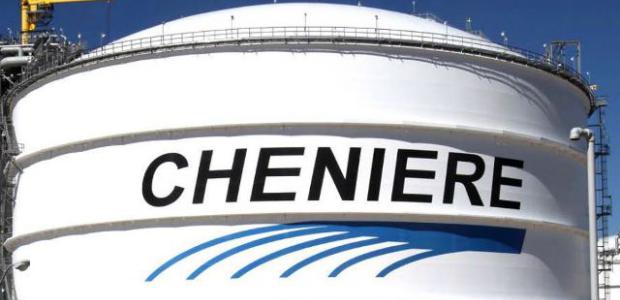Highly-ranked officials of US energy company Cheniere, primarily active in LNG-related businesses, will visit Athens next week, according to government sources, to discuss the prospect of selling gas to the Greek and Bulgarian markets.
Cheniere has already received offers to be included in a consortium planned to construct a floating LNG terminal in Alexandroupoli, northeastern Greece, according to the government sources.
The team is also expected to examine capacity prospects concerning the prospective IGB Greek-Bulgarian interconnector, for which a finalized investment decision is expected to be reached today in Sofia with Greek energy minister Panos Skourletis in attendance.
As has been previously reported by energypress, Cheniere, a Houston-based enterprise, has been approached by DEPA, the Public Gas Corporation, and Gastrade, a member of the Copelouzos corporate group, to take part in the development of the Alexandroupoli LNG terminal project. Cheniere has yet to offer a response as company officials are believed to be examining the venture’s commercial prospects.
Cheniere recently rejected an equivalent offer for participation in a venture to construct an LNG terminal in Croatia. The primary objective of the company, operating Louisiana’s first shale gas export facility, is to secure LNG supply deals throughout Europe. A series of LNG supply deals have already been signed with a number of European companies such as EdF, Centrica, Iberdrola, Gas Natural Fenosa, Endesa, Enel, and EdP. Chenier is also currently involved in advanced talks with Lithuanian company Litgas for LNG supply to the Baltic country through its Klaipeda terminal.
Nowadays a key global player, Cheniere needed to overcome serious financial woes faced until 2008 as a result of extensive investments in natural gas storage facilities, made because the US was primarily covering its gas needs through imports prior to the shale gas revolution. Subsequently, the storage facilities were left empty as a result of the revolution, leading Cheniere to near bankruptcy. The situation prompted the company’s head, Charif Souki, an entrepreneur of Lebanese background, to invest eight billion US dollars and convert the company storage units into export terminals, which proved to be a company-saving move.
Market analysts forecast Cheniere will soon have captured a ten-percent share of the global LNG market. Current contracts signed are expected to generate annual revenues of roughly three billion dollars. The company’s share has shot up by 1,800 percent compared to low levels in the previous decade.
Souki, the company chief, has noted his next objective is to help change how the global gas market functions, break its link with oil prices, bolster the spot market and limit long-term contracts.





